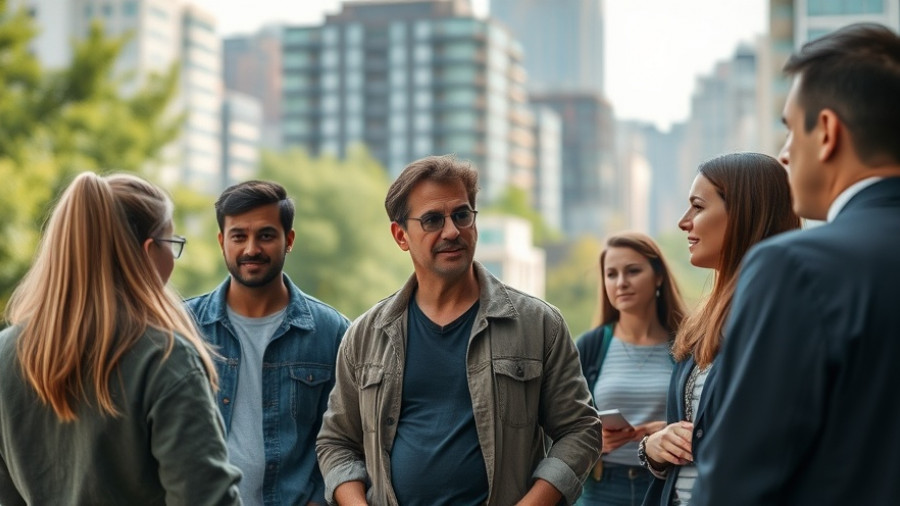
The Road to Justice: Nnamdi Kanu's Battle Against Unjust Crackdown
In a recent social media uproar, activist Omoyele Sowore has brought to light the alarming actions of Nigerian security chiefs, whom he accuses of orchestrating a politically motivated crackdown on dissent. At the center of this controversy is Nnamdi Kanu, the leader of the Indigenous People of Biafra (IPOB), whose detention has reignited discussions about justice, freedom of speech, and the state of democracy in Nigeria.
In #FreeNnamdiKanuNow: Sowore Accuses Security Chiefs of Politically Motivated Crackdown in Abuja, the video discusses the significant implications of Kanu's case, prompting us to delve deeper into the complex dynamics at play.
The Background of Nnamdi Kanu's Case
Nnamdi Kanu, an outspoken advocate for the sovereignty of the Igbo people, was arrested in 2021 on charges that many believe were politically charged rather than driven by genuine security concerns. Kanu's plight underscores the broader issues facing political activists in Nigeria—a nation struggling with a fraught political landscape and rampant human rights violations. His case has drawn significant national and international attention, prompting calls for his immediate release, encapsulated in the rallying cry: #FreeNnamdiKanuNow.
Political Implications of the Crackdown
Sowore's accusations highlight a severe concern regarding the methods employed by the Nigerian government to suppress opposition. This crackdown, seen by many as a tactic to stifle dissent, signals a disconcerting trend toward authoritarianism. The implications extend beyond Kanu's situation, casting a shadow over Nigeria’s democratic processes and raising fears among civil society groups about their safety in advocating for human rights and justice.
Common Misconceptions: Understanding the Narrative
A prevalent misconception is that the movement for the independence of Biafra, championed by Kanu and IPOB, is solely rooted in ethnic nationalism. However, it is also intertwined with feelings of marginalization and injustice that many from the southeast region have faced within a larger Nigerian context. Acknowledging these dynamics is critical to understanding the movements promoting regional autonomy and the pushback they face from federal authorities.
Future Predictions: What Lies Ahead?
The path forward appears precarious. Should Kanu remain incarcerated without a fair trial or justice served, Nigeria could witness escalating tensions among its diverse ethnic groups. Activist movements may gain ground, potentially stoking unrest in other regions as citizens rally behind the call for greater accountability from their leaders. International engagement will play a crucial role, with global attention potentially influencing the Nigerian government’s response to dissent.
The Value of Advocacy and Awareness
Understanding the intersection of political repression and grassroots activism offers vital lessons for citizens across Africa. Sowore’s call to action is not merely about Kanu; it is about amplifying voices demanding justice and accountability. The situation calls for increased awareness and solidarity among peers across the continent. Advocacy ensures that marginalized voices are heard and that oppressive tactics are challenged.
Moving Forward: What Can You Do?
As the conversation around political freedom intensifies in Nigeria and beyond, individuals can engage by educating themselves about the issues at stake. Supporting local and international human rights organizations, advocating for policies promoting democracy, and using social media platforms to raise awareness are all ways to participate in this crucial dialogue. The strength of a democracy relies on the active engagement of its citizens, and it’s time for everyone to lend their voice to the fight for justice.
 Add Row
Add Row  Add
Add 


Write A Comment